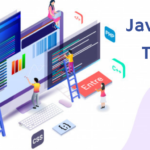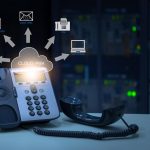What You Need to Know About Facebook 5G Africa Telecom
Facebook doesn’t want to see itself as a mere social network that exists only on the internet. It is expanding into other horizons. After going public in May of 2018, it has undertaken several innovative and futuristic technologies. Whether it is the acquisition of Oculus VR or the recent blockchain-based platform, Libra, Facebook certainly isn’t afraid of experimenting.
The 5G technology is the new frontier where the company wishes to expand. And it is bolstering up its 5G presence in Africa through various Facebook 5G Africa telecom initiatives. As a direct investor, Facebook will be spending in setting up telecom infrastructure and computing networks.
Subsea Cables
While the initiative to expand 5G in Africa is exciting, it’s not without some obstinate challenges. Rain is one of those companies offering 5G services in South Africa. While its aim is close to Facebook’s, to disrupt fast connectivity in the area, the lack of electricity, fibre optic cables, and 5G-enabled devices mean a massive barrier to entry.
To get things started, Facebook is investing in a “Subsea cable” to connect the continent better. The 2Africa project, which is a 37,000 km long subsea cable network, is going to connect over 23 African countries. The distance of 37,000 km, which will run all around the continent, is nearly the circumference of the earth.
The submarine cable system will utilize an aluminum conductor, the first of its kind. Also, the 8 fibre pairs have been upgraded to 16 fibre pairs make way for more efficient fibre optic cables. Also, another innovative technology to take note of is Spatial Division Multiplexing or SDM1. This also enhances the capacity of the submarine network.
The cable design is such that to achieve 50% more in burial depth up to 3 meters. This means that there is less risk of damage from ships or boats moving in the region. Along with Africa, this project will also serve the Middle East region and some parts of Europe.
Supporting Local Mobile Operators
One of the results of the above infrastructure is local operators are empowered. They can extend their coverage and include more and more people. Thus, not only coverage but the speed will be equally enhanced.
The company also has a couple of Facebook 5G Africa telecom initiatives in place to support mobile operators. One of them is “Express Wi-Fi”. The company has been deploying Express Wi-Fi solutions that lease to local internet providers and operators at a low cost. The countries where this initiative is currently active are Kenya, Ghana, Malawi, Nigeria, South Africa, Senegal, Congo, Rwanda, and Tanzania.
Another initiative is the Rural Access Partnership. So far, the company has invested in two such initiatives. One is Africa Mobile Network or AMN in Cameroon and Congo, and the other in Kenya and Rwanda in the form of BRCK.
By supporting local network providers, Facebook is strengthening its positioning as a global connectivity leader.
Ultimate Aim is to Penetrate Rural Market
Facebook’s mission has been to connect people all around the world. While Africa’s urban population has some form of connectivity, it is almost non-existent in rural areas. Facebook will use its reputation and cash reserve to bring the rural market on the internet.
Financially, Facebook would be monetizing its Facebook 5G Africa telecom projects through its apps. It is already a primary mover of data in the continent, and its apps and services generate nearly 20% of the internet traffic.
As per estimates, out of the $60 billion of GDP impact the region will be witnessing over the years, 53.4 will come from Facebook. From a business standpoint, it becomes easy to visualize why Facebook is investing so heavily in Africa.

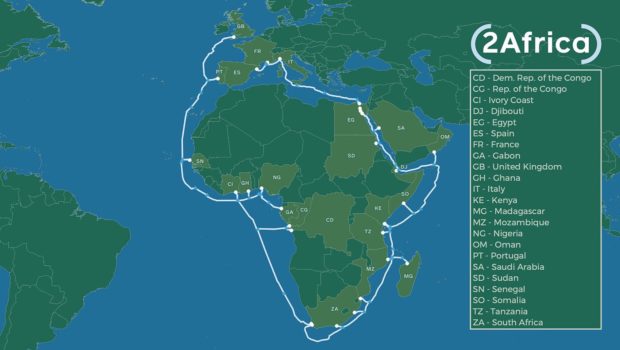
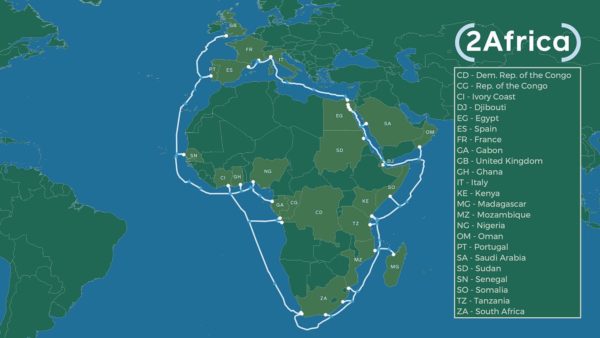
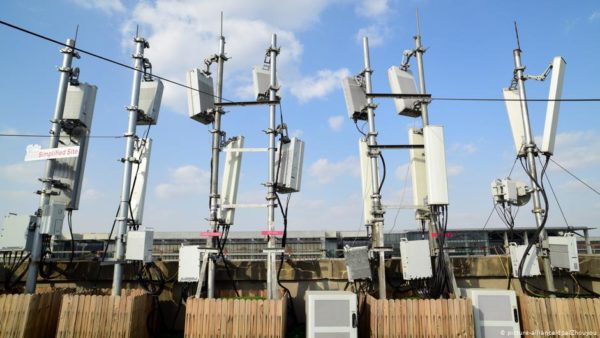

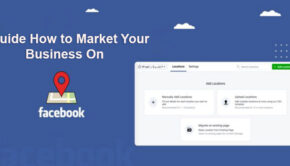


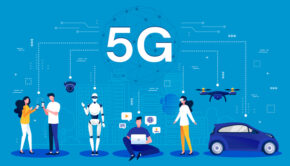
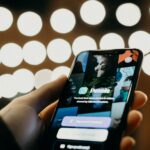
![The Cure for Project Failure – by Wrike project management tools [Infographic]](https://technofaq.org/wp-content/uploads/2017/07/cure-project-failure-150x150.png)

